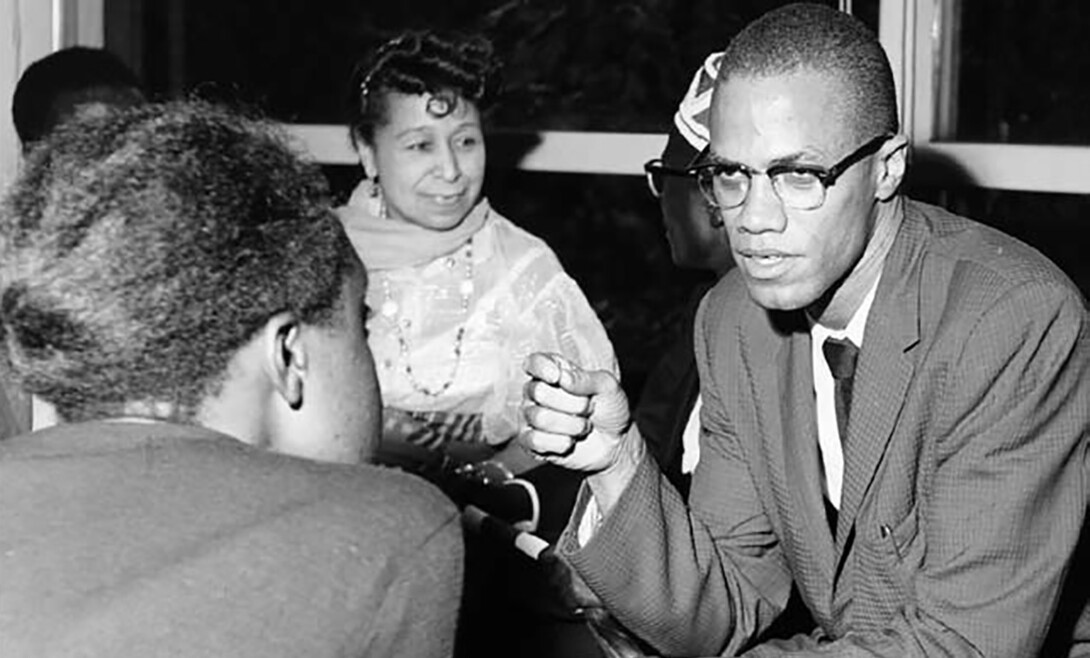
The Department of Classics and Religious Studies, the Institute for Ethnic Studies, and the students of REL 381 at the University of Nebraska–Lincoln will be hosting a special symposium to celebrate the centennial of the birth of Malcolm X May 8.
The department is inviting proposals for papers, presentations, panels and workshops from students and scholars at all levels (K-12, undergraduates, graduate students and faculty) to explore a wide range of topics related to Malcolm X and his impact on society. Of particular interest is work that connects Malcolm X's life and legacy to Nebraska.
Born El-Hajj Malik El-Shabazz in Omaha on May 19, 1925, Malcolm X became one of the most influential figures in the fight for civil rights and social justice. The centennial of X's birth provides an opportunity to reexamine his contributions to the struggle for equality and explore the relevance of his teachings in today's world. This is particularly true for members of the University of Nebraska community and Nebraskans writ large. Malcolm X was inducted into the Nebraska Hall of Fame in 2024.
The department is also taking contributions like music, murals and community-centered projects from activists, artists and community leaders.
Those interested in participating are invited to send an abstract of around 300 words by April 2 describing their proposal to malcolmx.symposium.unl.2025@gmail.com. Accepted proposals will be notified by April 3.
In your proposal, please include the format of participation (such as an academic paper or musical performance), plans to attend in-person or remotely (In-person participation is preferred; there may be limited funds for travel and accommodations) and the audio-visual requirements of your contribution.
Possible themes for participation include, but are not limited to the intersection of race, religion and activism in Malcolm X's life; Malcolm X's impact on Black freedom movements and Pan-Africanism; Malcolm X's legacy in contemporary social justice movements; Malcolm X's spiritual evolution and his impact on Islam; Malcolm X’s influence on popular culture in the U.S. and around the world; Selected papers, presentations, and other forms of participation will be featured in symposium sessions, and there may be opportunities for publication in a conference proceedings volume or a special issue of a relevant journal.







